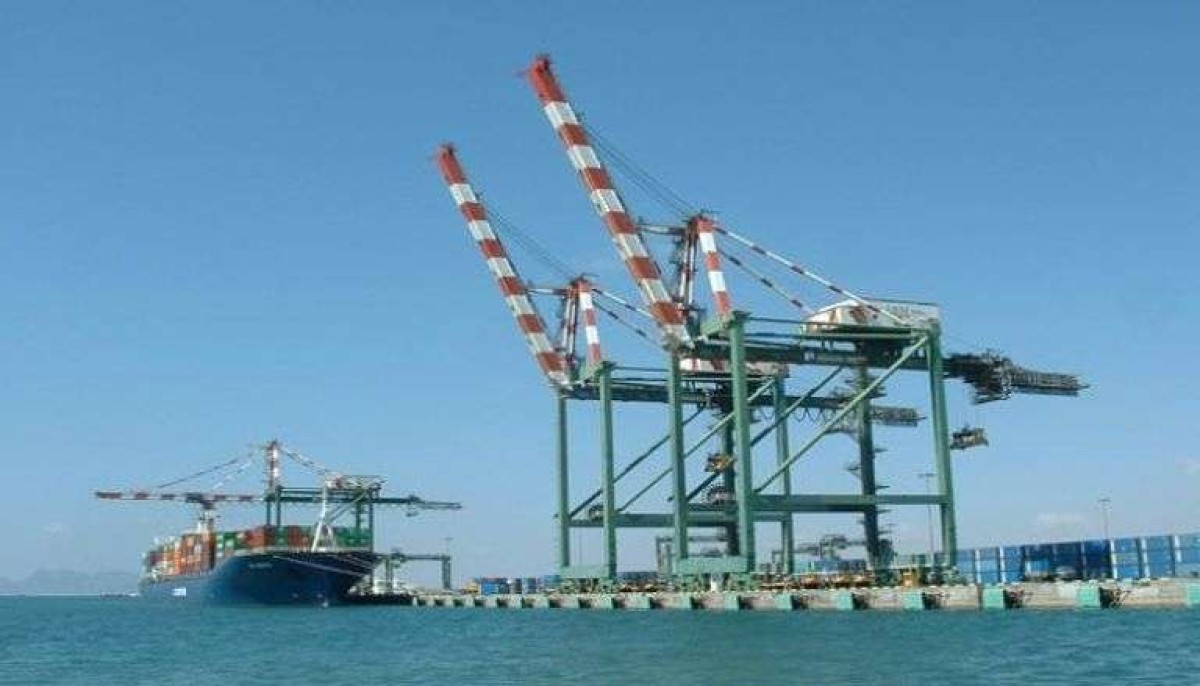Head of Aden Ports: Marine insurance on ships heading to Yemen has increased to 200%


The Chairman of the Board of Directors of the Gulf of Aden Ports Corporation and CEO, Muhammad Alawi Amzarba, said that marine insurance fees, imposed by navigational protection clubs, on ships and tankers arriving at government ports in Yemen, have risen to 200%, compared to what was the situation before. Piracy and ship hijacking operations in the Bab al-Mandab Strait and the waters of the Red Sea.
He added in a statement he made to “Erem News,” that “between 50 and 60% of international trade now depends on the Cape of Good Hope navigational corridor, in the south of the African continent, instead of passing through the Bab al-Mandab Strait and the waters of the Red Sea, which is This led to an increase in insurance fees for ships passing through Bab al-Mandeb, as it is a high-risk area. Consequently, shipping companies raised shipping rates to compensate for their losses paid for insurance.”
He pointed out that “these measures will add more burdens to Yemeni merchants and owners of goods, and will be reflected on consumers, as a result of the rise in commodity prices,” pointing out that “the war resulting from the Houthi coup against the state in 2015 has stifled the private sector in Yemen over the years.” The past amounted to between 400 and 500 million dollars, to cover the insurance cost paid to persuade shipowners to come to Yemeni ports, as it is an area of armed conflict.”
Amzarba confirmed that “measures regarding reducing the cost of insurance imposed by the war are still underway, and there is a government delegation holding discussions in London with the British protection clubs, to complete the arrangements related to reducing the high cost of insurance, which in the first implementation phase includes the port of Aden, followed by The second phase will include the port of Mukalla.
The Yemeni government signed a preliminary agreement of understanding with the United Nations Development Program last August to reduce the cost of marine insurance on ships heading to government ports in Yemen, after their size had increased 16 times from normal conditions due to the war. Which the country has been witnessing for years.
International shipping lanes in the waters of the Red Sea and the Arabian Sea are witnessing increasing turmoil, as a result of the continued Israeli attack on the Gaza Strip, and the attacks launched by the Houthis on Israeli ships, which prompted the United States to form an international coalition to secure global trade.